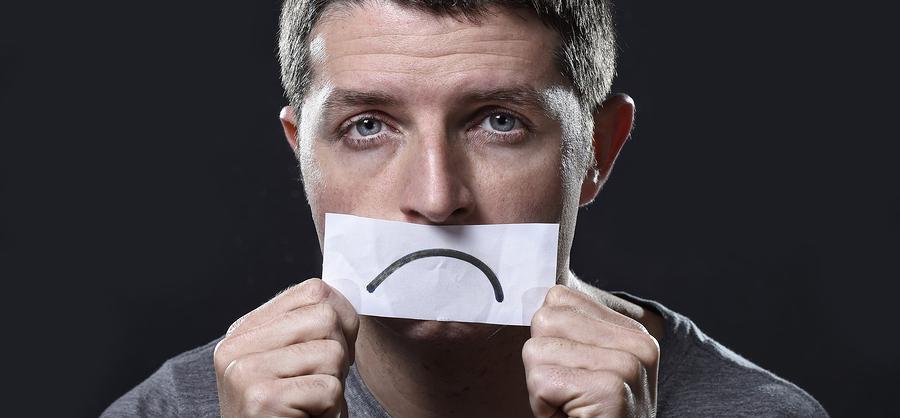Search for primary care physicians near you and schedule your next appointment today
Cold sores are as commonplace as they are irritating -- but often, what we assume is a cold sore might not be one. If you've ever had cold sores that didn't respond to medication designed to treat them, it might be angular cheilitis, a completely different medical condition that looks surprisingly similar.
The good news: It's usually easy to treat, as long as you have the right diagnosis. Here's an overview of what you need to know and what signs to look for to help you tell the difference.
How Are Angular Cheilitis and Cold Sores Similar?
Some people believe that any inflamed spot in the corner of their mouth must be a cold sore, but that isn't always the case. Cheilitis can also be very painful, and just like cold sores, it can form in the corners of your mouth. It may affect one or both sides of your mouth, and it can take two to three weeks or longer to heal, depending on the treatment.
How Are Angular Cheilitis and Cold Sores Different?
Angular cheilitis may mimic cold sores, but there are specific signs you can look for to tell them apart. Cold sores typically begin as an itchy or painful area that turns into one or a group of small, painful blisters. Over time, they may weep, scab over, and finally heal. Angular cheilitis, on the other hand, begins as a patch of dry, irritated or cracked skin at one or both corners of the mouth. If it's not treated early, it can progress into swollen, painful sores that may bleed when you open your mouth.
What Are the Causes of Angular Cheilitis?
The cause of cold sores is simple: a herpes simplex virus. Treatments are fairly simple, too -- either an ointment or antiviral drugs. Angular cheilitis, however, isn't quite so simple. In fact, there are a number of causes that can lead to the same symptoms. These include a yeast infection, the Staphylococcus bacteria, poor-fitting dentures, drooling while you sleep, antibiotics, inflammatory bowel disease, allergies, and deficiencies in iron or vitamins. Even licking your lips too much when they're chapped can lead to the condition.
Do You Need to See a Doctor for Angular Cheilitis?
The treatment for cheilitis depends on the cause. Less severe cases may heal up if you apply petroleum jelly or a thick lip balm to the area. If that doesn't work, you may need to see a doctor, who might take a swab to better identify the cause. You might be given a different type of topical treatment, a hydrocortisone cream, or an anti-fungal ointment or medication. If the cause is a nutritional deficiency, you may need to take iron-replacement pills or specific vitamins. Allergy medication may be needed if there's a contact allergen at work.
If you develop sores in the corner of your mouth, don't worry. Angular cheilitis can typically be treated fairly easily. However, don't be surprised if it returns -- recurrence rates can be as high as 80 percent. Talk to your doctor about what preventative measures you can take to prevent the condition from coming back.




